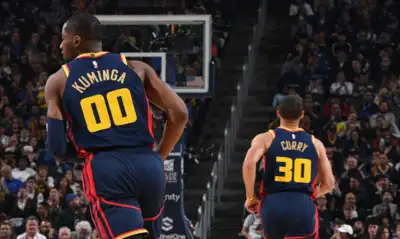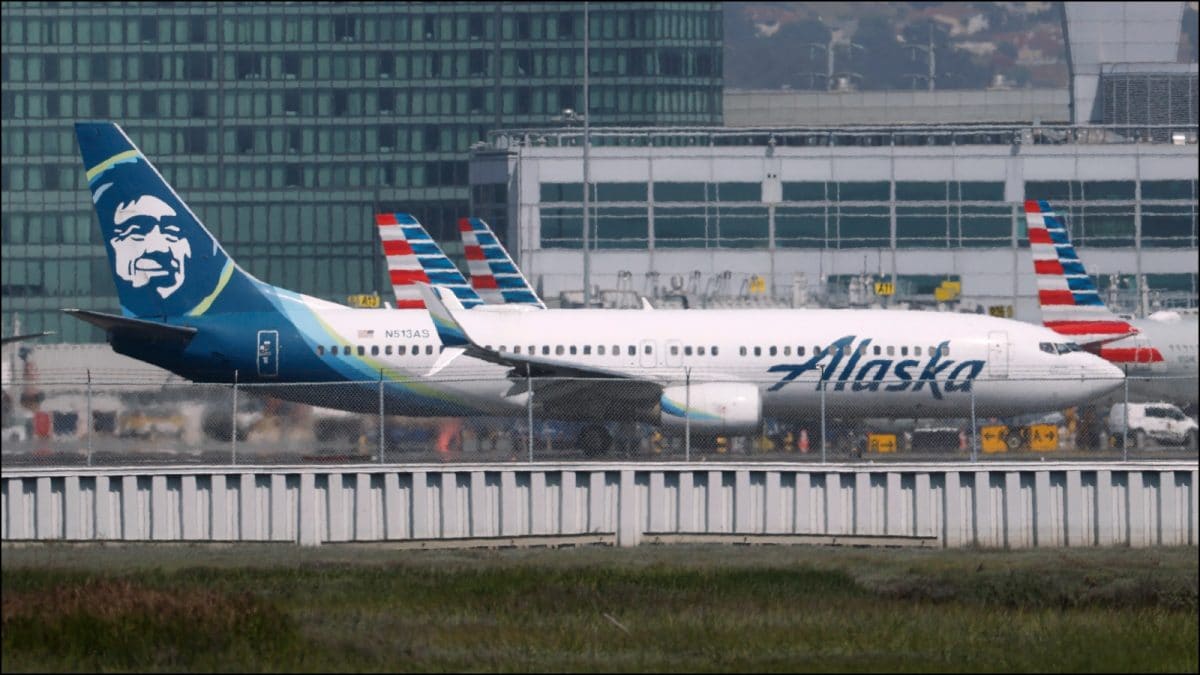ARTICLE AD BOX

Jonathan Kuminga and Stephen Curry (Image via Noah Graham/ Getty Images)
The Golden State Warriors have reportedly turned down a trade offer from the Phoenix Suns that included Grayson Allen as the centerpiece of a sign-and-trade deal for rising forward Jonathan Kuminga.
The Suns’ proposal featured Allen, Royce O’Neale, Nick Richards, and a first-round pick swap, but the Warriors declined, citing concerns over Allen’s contract and fit within their current roster strategy.
Why the Golden State Warriors Passed on the Grayson Allen Deal
1. Financial Implications
Grayson Allen’s contract, which still has three years remaining, posed a significant obstacle. With the Golden State Warriors already deep into the luxury tax, taking on Allen’s salary would’ve further complicated their financial flexibility.
Executing a sign-and-trade late in the offseason also narrows the pool of potential suitors willing to absorb such long-term salary commitments.
2. Questionable Roster Fit
While Grayson Allen is a proficient three-point shooter—he hit 205 threes at an impressive 46.1% clip during the 2023-24 season—he’s not seen as a high-value target by Golden State. His performance dipped in the 2024-25 campaign as Phoenix struggled with on-court chemistry, which may have diminished his appeal to the Golden State Warriors, who are looking for more dynamic wing options.
3. Trade Value Misalignment

Image via Thearon W. Henderson/Getty Images
Golden State has remained consistent in seeking a first-round pick in any Jonathan Kuminga deal. Although the Suns included a pick swap, the combination of assets didn’t sufficiently entice the Warriors’ front office. Other teams, including Sacramento, have floated offers involving young talent and first-round picks, but nothing has advanced past the discussion phase.
4. Kuminga Contract Standoff
Kuminga, a restricted free agent, is reportedly seeking a deal worth around $30 million annually.
The Golden State Warriors are hesitant to meet that number, and Kuminga’s desire for a bigger role elsewhere complicates negotiations. With both sides locked in a stalemate, the franchise is in no rush to accept a deal it deems unfavorable.
Why Declining the Trade Makes Sense
• Maintaining Cap Flexibility: Avoiding Grayson Allen’s contract keeps Golden State in a stronger position to maneuver financially, whether by targeting free agents or managing their tax bill. • Asset Management: Holding onto Kuminga or waiting for a more favorable deal ensures the Warriors don’t part with a valuable player for underwhelming return. • Long-Term Planning: Golden State continues to prioritize acquiring future draft capital, aiming to balance veteran experience with youth development.
What the Golden State Warriors Risk by Saying No
• Potential Locker Room Strain: If Kuminga remains on the roster despite wanting a new opportunity, team cohesion could suffer. • Depth Concerns: Allen’s departure from the equation leaves Golden State thinner on the wing, which could impact bench scoring and perimeter defense. • Diminishing Returns: If no trade materializes soon, Kuminga’s value could decline, lowering the caliber of offers in the future.Also read: NBA Trade News: Los Angeles Lakers Add 4x ACC POTW to Bolster Squad Around Luka Doncic and LeBron JamesGolden State’s refusal to trade for Grayson Allen underscores their commitment to financial discipline, roster synergy, and asset maximization. While the Suns’ offer included some intriguing components, it didn’t align with the Golden State Warriors’ standards or long-term strategy. As negotiations remain at a standstill, all eyes will be on how the team handles Kuminga’s future—and whether a better deal emerges before the new season tips off.



.png)
.png)
.png)
















 14 hours ago
4
14 hours ago
4








 English (US) ·
English (US) ·